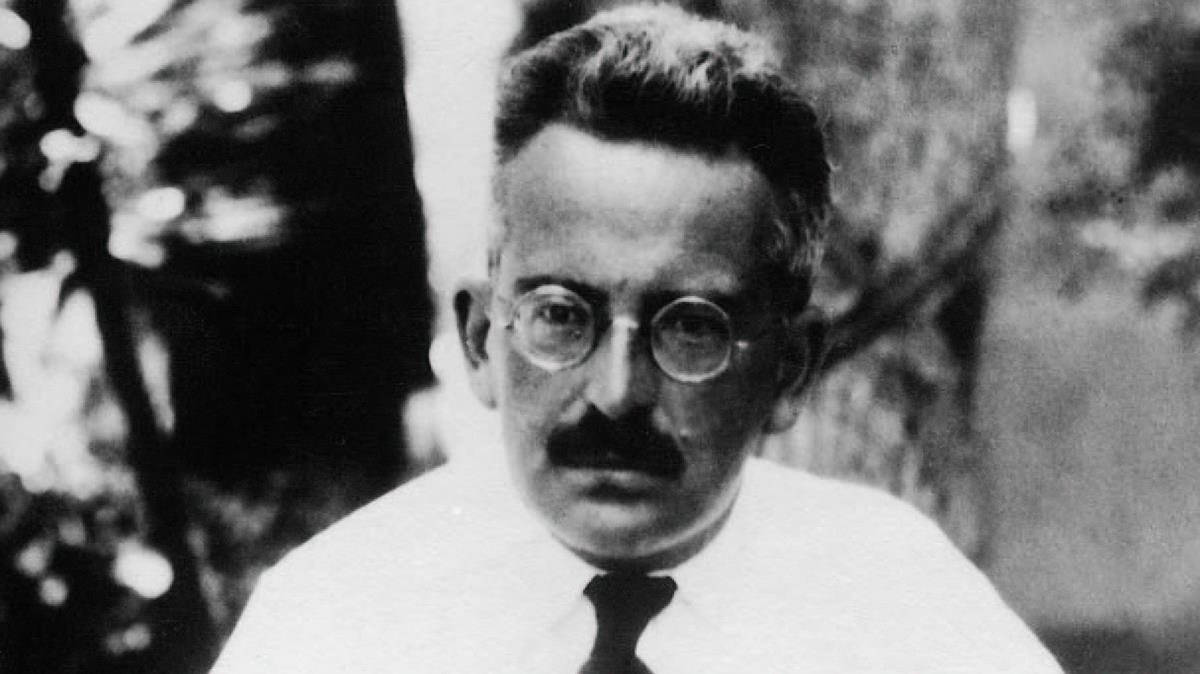
Ways of Seeing owed much to criticism Walter Benjamin (1892-1940), and particularly to Benjamin's essay "The Work of Art in the Age of Mechanical Reproduction." A novel, G, appeared the same year and won Berger the prestigious Booker Prize. Titled Ways of Seeing it offered a counterview of art presented in another television series (also produced by the BBC) called Civilisation by Kenneth Clark. In 1972, Berger wrote a television series on art appreciation. Pig Earth, Once in Europa, and Lilac and Flag: An Old Wives' Tale of a City, focused on the lives of French village people, first their lives in the small town and finally as start new lives in the city. There he devoted himself to writing a literary trilogy, Into Their Labours. In the early 1970s Berger moved to a peasant village in France in Giffre River valley. Instead, Berger demonstrated a dualism in the phenomenon of Picasso: society appraising him as a genius and all the mystery which that entails, while his art became a bourgeois commodity which the artist realized and took advantage of well in his own lifetime. He set about to demythologize the "man of genius" approach taken by many Picasso tomes. Berger's next art book, The Success and Failure of Picasso appeared in 1965. He also wrote art criticism for the New Society, Punch and the Sunday Times. In 1960, Permanent Red, collected articles of criticism between 19 was published, underlining his Marxist stance toward art and the difficulties he faced writing during the Cold War. This view clearly came to the fore in essays pointed against the critic David Sylvester, beginning with Berger's critic of Sylvester's Henry Moore show of 1951. He championed realist art, in accordance with his Marxist views, a position which aroused the animosity of Herbert Read. He wrote art criticism for the The New Statesman beginning in 1951 under its editor, Kingsley Martin (1897-1969). Berger initially worked as an artist and teacher, exhibiting his work at galleries in London. He attended Central School of Art and Chelsea School of Art and served in the British army, Oxford and Buckinghamshire Infantry, during and immediately after World War II (1944-1946).


Marxist literary critic and art historian.


 0 kommentar(er)
0 kommentar(er)
